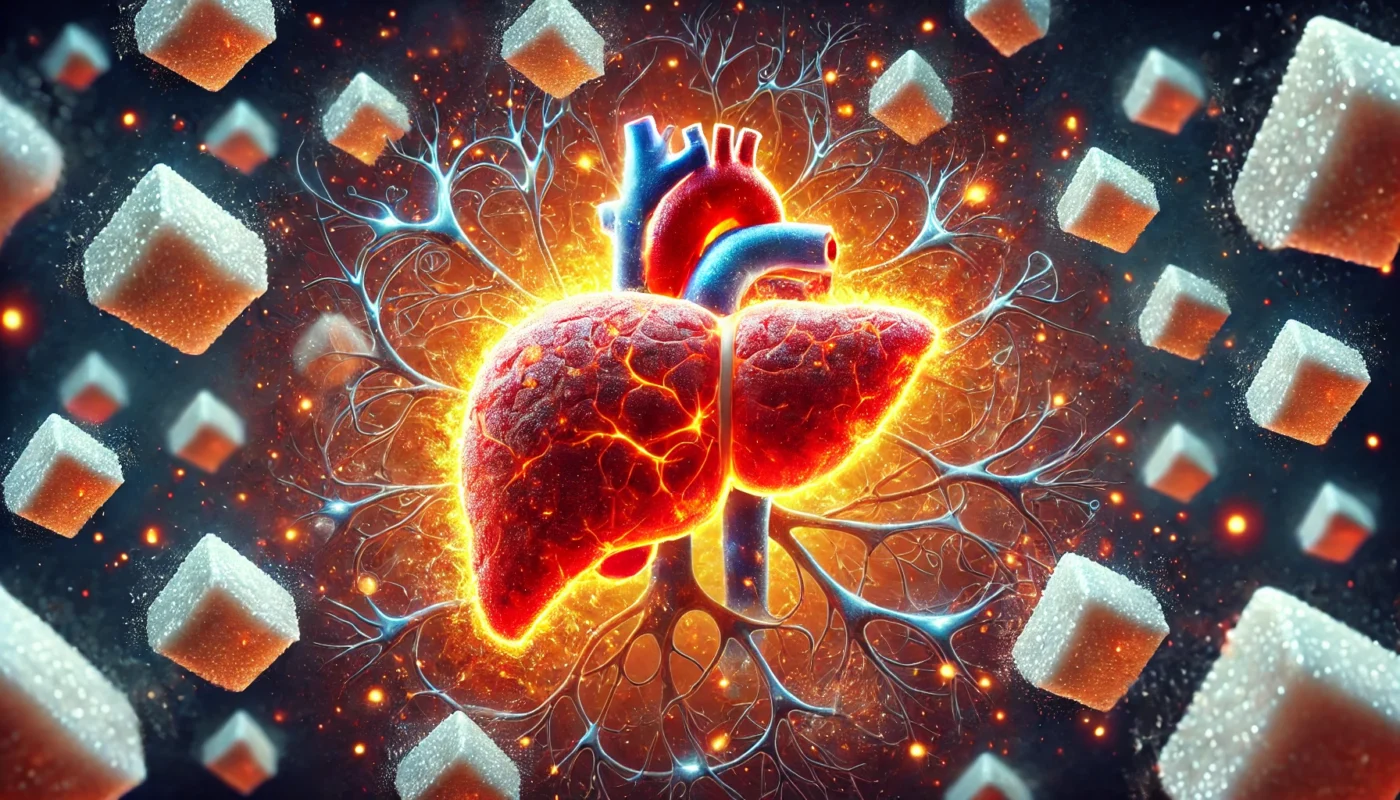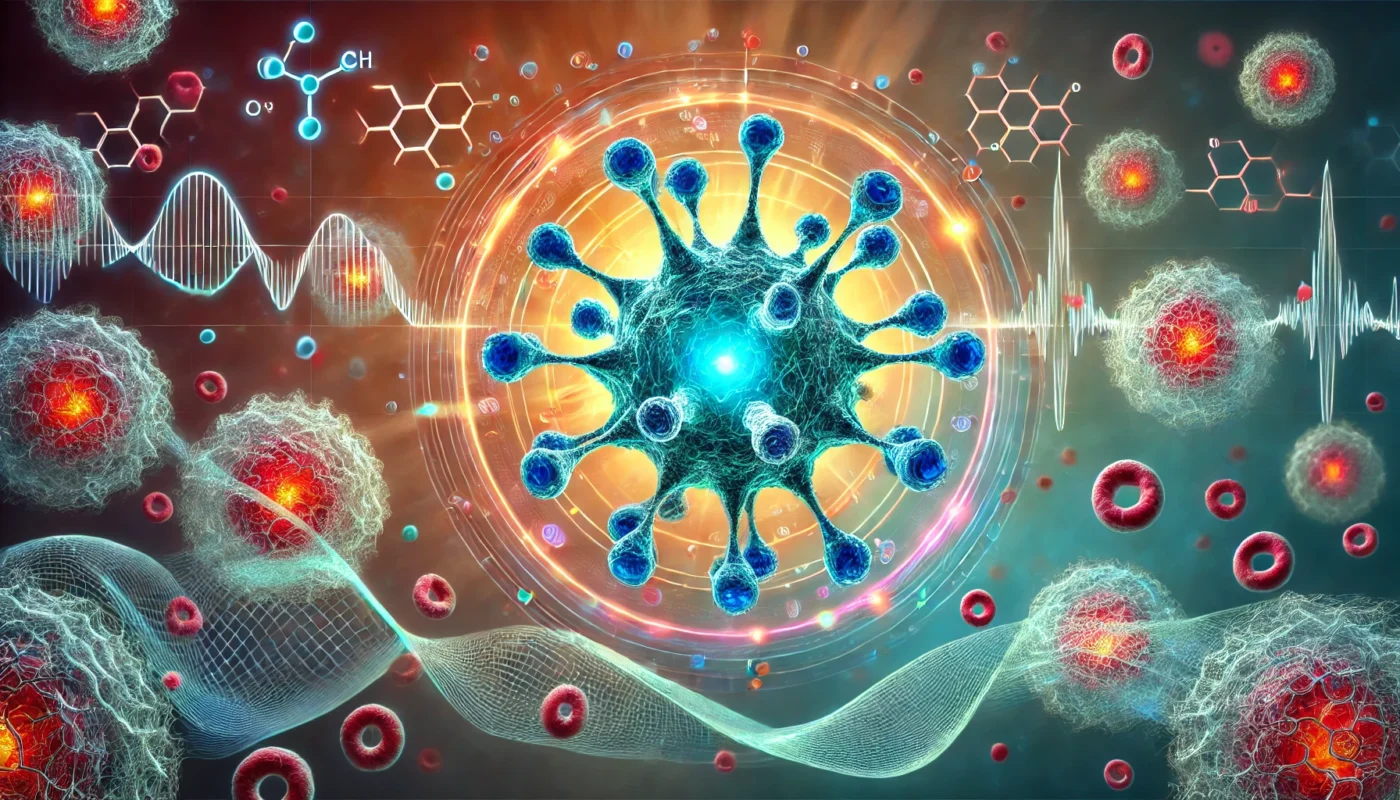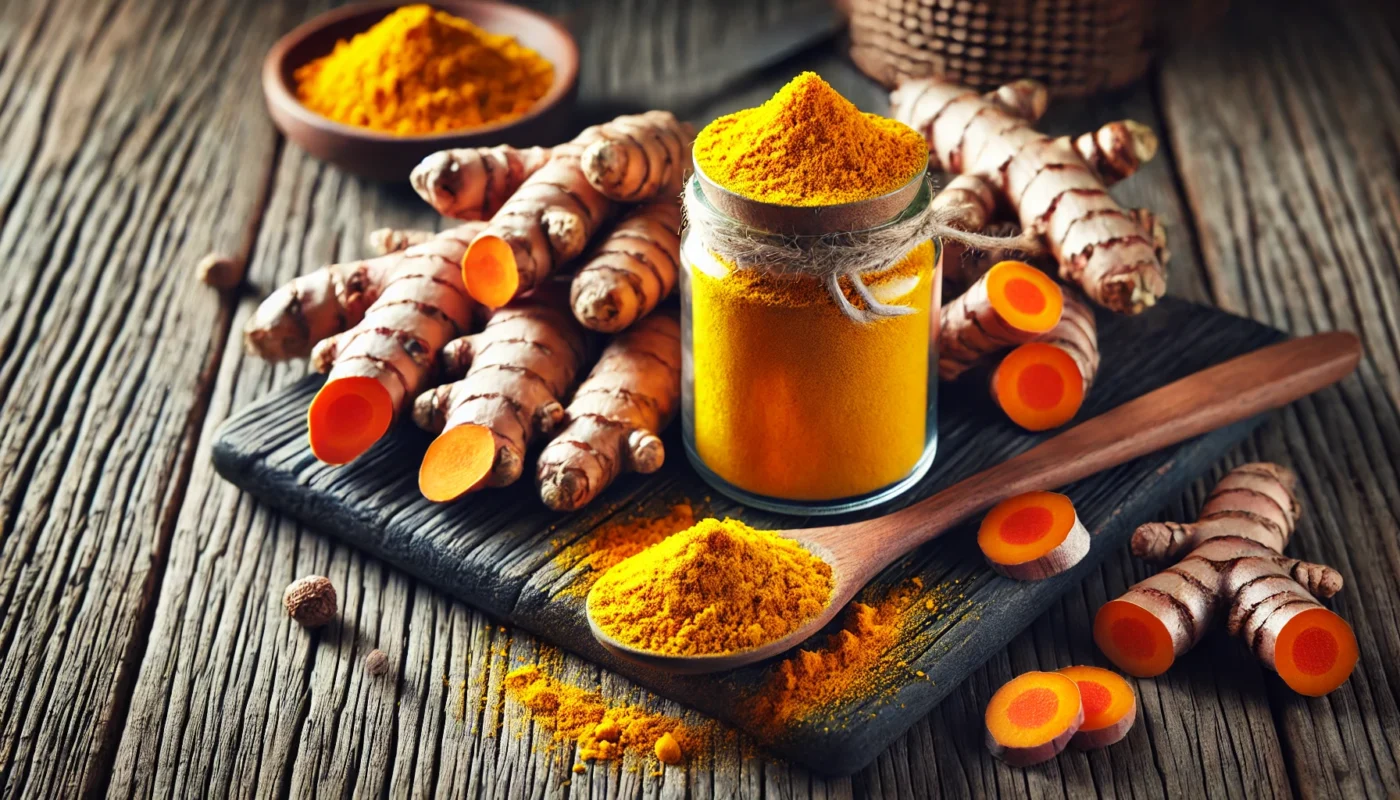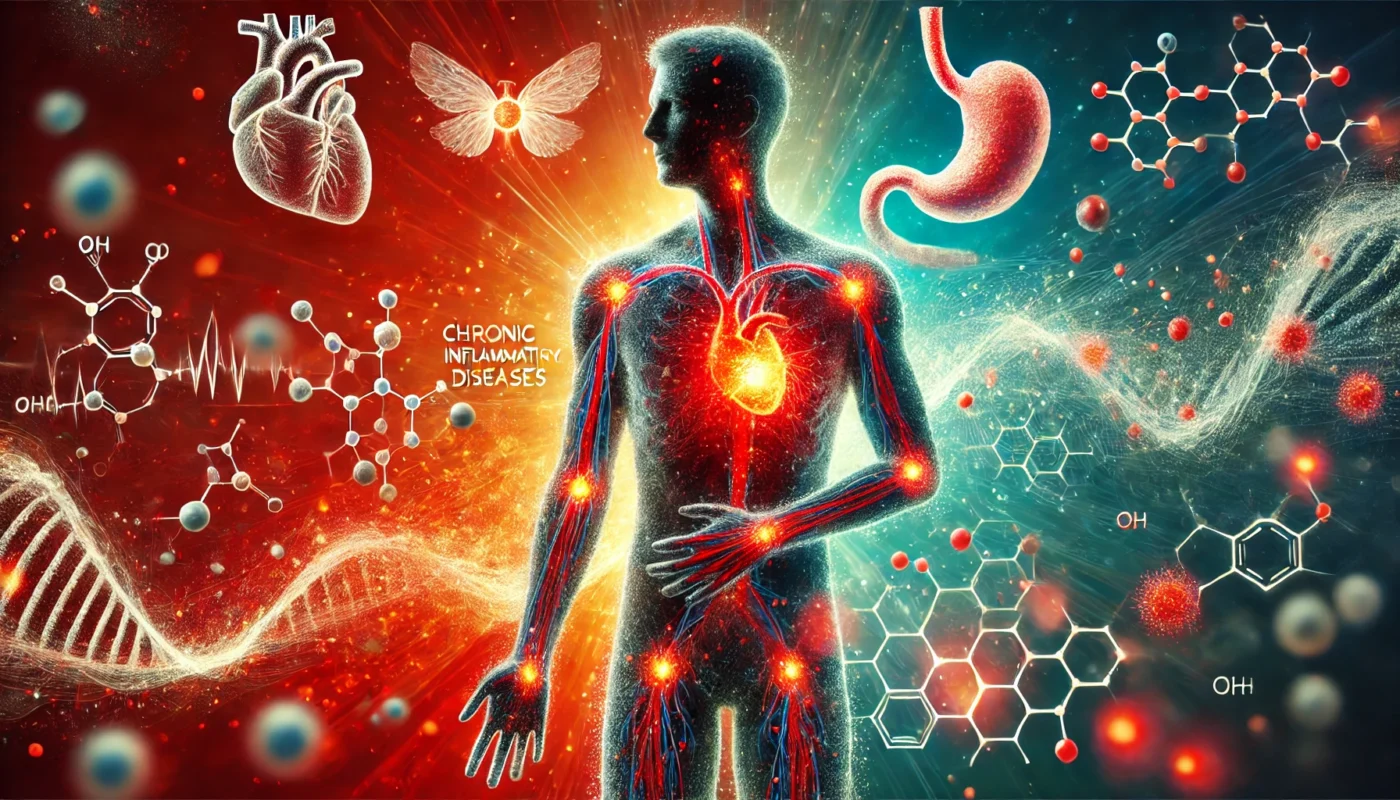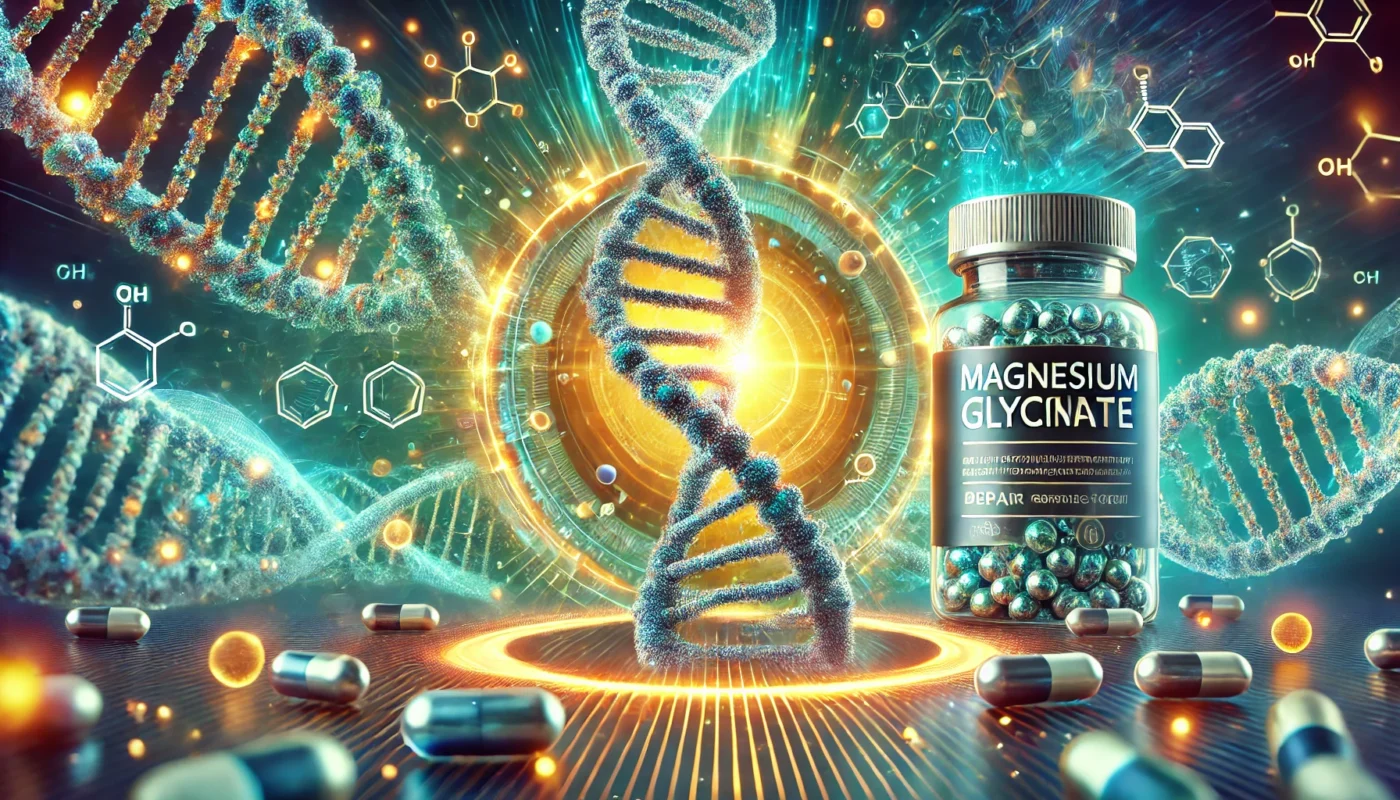The question “Is sugar inflammatory?” is crucial for anyone keen on optimizing their health. Understanding the inflammatory nature of sugar involves exploring its biochemical effects and the broader health implications. Scientific research has increasingly shown that sugar can indeed trigger inflammatory responses in the body.
Tag Archives: chronic diseases
In this article, we’ll delve into the role of cytokines in both chronic and acute inflammation, providing a comprehensive overview of their functions and implications for health and wellness.
In today’s fast-paced world, maintaining a healthy diet can often seem like an overwhelming task. With the demands of work, family, and social commitments, it can be challenging to find the time and energy to focus on what we eat. However, with the right knowledge and tools, adopting a nutritious diet becomes a manageable and rewarding endeavor. This article delves into the essential healthy diet foods you should incorporate into your daily routine, offering a blend of scientific insights and practical advice. By embracing these dietary changes, you can enhance your physical health, mental well-being, and overall quality of life.
Inflammation is a natural response of our bodies. It’s a defense mechanism against injury, infection, or disease. But when it becomes chronic, it can lead to serious health issues.
Nonsteroidal anti-inflammatory drugs, or NSAIDs, are commonly used to manage inflammation. They can provide relief from pain and swelling. However, they are not without their drawbacks.
Long-term use of synthetic NSAIDs can lead to side effects. These can range from stomach issues to cardiovascular problems. For some, these risks outweigh the benefits.
This is where natural NSAIDs come into play. They offer a safer, more holistic approach to managing inflammation. They can be derived from herbs, dietary supplements, or even certain foods.
Natural NSAIDs can offer the same anti-inflammatory benefits as their synthetic counterparts. But they do so without the associated risks. This makes them an attractive alternative for many.
In this article, we will delve into the world of natural NSAIDs. We will explore their benefits, potential side effects, and how they can be integrated into your health regimen.
We will also look at the scientific evidence supporting their use. This will help you make an informed decision about their suitability for your needs.
Whether you’re a fitness enthusiast, a health enthusiast, or a medical patient, this article is for you. It aims to provide a comprehensive understanding of natural NSAIDs and their role in health and wellness.
So, if you’re looking for a natural alternative to conventional NSAIDs, read on. This article will equip you with the knowledge you need to make the best choice for your health.
Remember, your health is your wealth. And understanding how to manage it naturally is a step in the right direction. Let’s embark on this journey together.
Tomatoes are a staple in many kitchens worldwide. Their vibrant color and distinct flavor make them a favorite in various dishes. But have you ever considered the health effects of tomato seeds?
Often overlooked, tomato seeds are packed with nutrients. They’re a hidden superfood waiting to be discovered. This article will delve into the health benefits of these tiny powerhouses.
We’ll explore why tomatoes and their seeds are healthy for you. We’ll also address common questions like “Are tomatoes inflammatory?” and “Can you eat too many tomatoes?” We aim to provide a comprehensive understanding of this versatile fruit.
We’ll also debunk myths about tomatoes. For instance, are tomato seeds bad for you? Or are they a nutritional goldmine? We’ll present scientific evidence to answer these questions.
Moreover, we’ll provide practical tips on integrating tomato seeds into your diet. From salads to smoothies, there are numerous ways to enjoy these seeds.
Finally, we’ll discuss potential side effects of eating too many tomatoes. While they’re generally healthy, moderation is key.
So, are you ready to discover the hidden superfood in your kitchen? Let’s dive into the world of tomato seeds and their health effects.
Inflammation is a common concern. It’s a natural response of the body to injury or illness. But when it becomes chronic, it can lead to serious health issues.
Enter antioxidants. These compounds are often touted as a solution to combat inflammation. But do they really work?
This article aims to answer that question. We’ll delve into the science behind antioxidants and inflammation. We’ll explore how these compounds function in the body and their potential benefits.
We’ll also look at dietary sources of antioxidants. Fruits, vegetables, nuts, and seeds are all rich in these compounds. Blueberries, in particular, are often highlighted for their anti-inflammatory properties.
But it’s not just about what you eat. The body also produces its own antioxidants. Understanding the balance between these internal and external sources is key.
We’ll also examine the research. What does the science say about antioxidants and inflammation? Are they really the magic bullet they’re often made out to be?
The role of antioxidants in chronic diseases will also be discussed. Conditions like arthritis, heart disease, and even cancer have been linked to inflammation. Can antioxidants help manage these conditions?
Supplementation is another important topic. While getting antioxidants from food is ideal, some people turn to supplements. But are they as effective?
Finally, we’ll provide practical tips. Whether you’re a fitness enthusiast, a health enthusiast, or a medical patient, you’ll find strategies to incorporate antioxidants into your lifestyle.
This article is your comprehensive guide to understanding antioxidants and inflammation. It’s backed by scientific research and practical advice.
So, do antioxidants really combat inflammation effectively? Let’s find out.
Chronic inflammatory diseases, such as arthritis, lupus, and other autoimmune disorders, affect millions of individuals worldwide. These conditions not only diminish quality of life but also impose a significant burden on healthcare systems. Emerging research suggests that magnesium, particularly in its glycinate form, may play a pivotal role in mitigating inflammation and reducing symptoms associated […]
Magnesium is an essential mineral involved in numerous biological processes, including cellular repair and maintenance. Among the various forms of magnesium supplements available, magnesium glycinate stands out for its bioavailability and effectiveness in supporting DNA repair mechanisms. DNA repair is a fundamental process that protects the integrity of our genetic material, safeguarding against mutations, cellular […]
Protein is a vital nutrient, playing a key role in virtually every biological process in our bodies. But does protein cause inflammation? This question has sparked much debate among health enthusiasts, fitness buffs, and medical patients alike.
Inflammation is a natural response of our immune system. It helps protect our bodies from harm, but when it becomes chronic, it can lead to various health issues. Understanding the link between protein and inflammation is crucial for managing our health and wellbeing.
The type, quantity, and quality of protein we consume can influence our body’s inflammatory response. However, the relationship between protein and inflammation is complex and multifaceted. It’s not as simple as saying protein causes inflammation or it doesn’t.
This article aims to explore this intricate relationship. We’ll delve into the science behind protein and inflammation, debunking myths and providing evidence-based information. We’ll also discuss how different types of protein may affect inflammation and how to balance protein consumption for optimal health.
Whether you’re a fitness enthusiast seeking to optimize your recovery, a health enthusiast aiming to understand complex health information, or a medical patient looking for practical tips to manage your health condition, this article is for you. Let’s embark on this journey to better understand the link between protein and inflammation.

